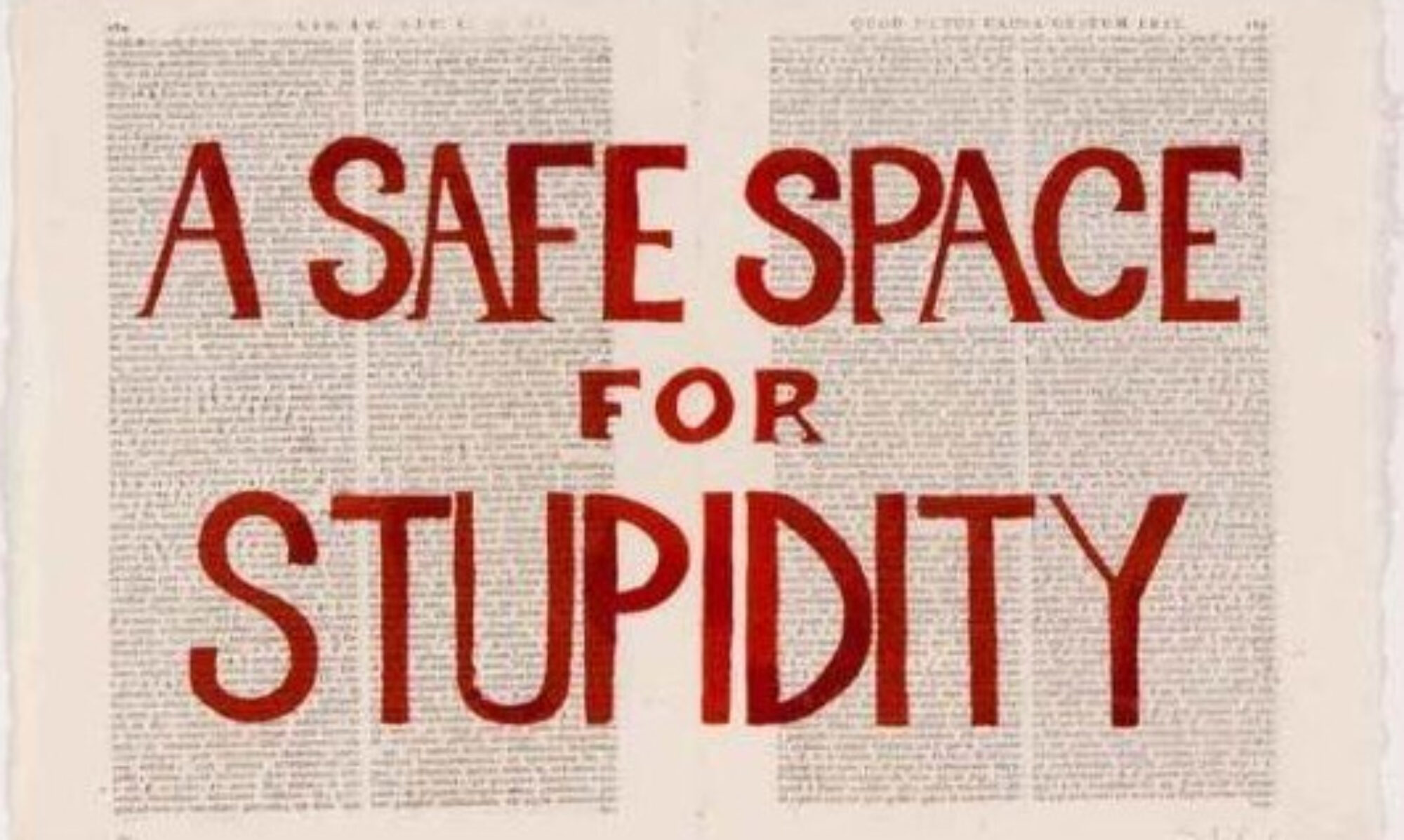The THE reports that leading historian Professor Peter Mandler has delivered a paper on the “crisis in the humanities”, concluding that there isn’t one. In particular, he says:
It is hard to take too seriously talk of a crisis in Britain when even by the narrowest definition of the humanities the absolute number of humanities students has increased fivefold since 1967, and by the broader definition almost 10-fold.
In the US, over a period of much slower expansion, their numbers have still doubled…Talk of a crisis triggered by a decline in a percentage point or two does seem like an over-reaction that is likely to contribute to rather than ameliorate the alleged problem.
As well as looking at student numbers, we can look at the UK data for academic staff numbers, as a proxy for resource allocation.
The figure shows the percentage of academic staff in STE (Science, Technology, and Engineering), Humanities (shown dashed), and Medicine from 1994 to 2008, using the freely available HESA data sets. The break in the curves corresponds to a change in the reporting of data. The details of how staff numbers were assigned to the three categories are given in a separate PDF.
The first part of the plot shows a drop in the percentage of STE staff, which might correspond to the closure of Chemistry departments over that time (the data for these years are not broken down to subject level), while Medicine rises, and Humanities are fairly steady.
After the change in reporting methodology in 2003, Medicine has about the same proportion of staff as before the change, while Humanities increases markedly and STE reduces. Clearly, this is an artifact of the breakdown of data and does not indicate real changes in the proportion of academic staff in STE or Humanities. The trends from 2003 onwards are validly indicated, however, and show STE and Humanities holding more or less steady.
In summary, the data from 1994 onwards show a sharp drop in STE, a rise in Medicine, and a small drop in Humanities.
Crisis in the humanities? What crisis?

